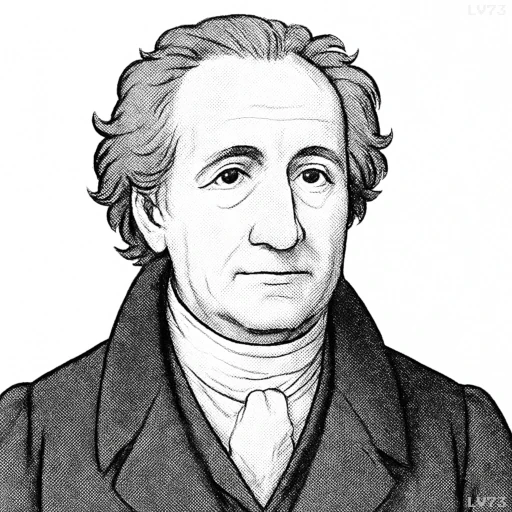“Certain defects are necessary for the existence of individuality.”

- August 28, 1749 – March 22, 1832
- German
- Poet, playwright, novelist, philosopher, politician
table of contents
Quote
“Certain defects are necessary for the existence of individuality.”
Explanation
Goethe suggests that imperfections or defects are not just inevitable but essential to the development of individuality. The uniqueness of each person is shaped, in part, by their flaws, limitations, and personal challenges. These imperfections allow for a distinctive identity to emerge, as they shape our choices, experiences, and growth. Without these flaws, a person would be indistinguishable from others, and their individuality would be lost. Thus, rather than seeing defects as purely negative, they are a necessary part of what makes someone truly unique.
Historically, this idea aligns with Romantic views of human nature that embraced individual expression, often celebrating what made people different from one another. Goethe himself valued the idea that imperfections and struggles were integral to the human experience, contributing to personal growth and the development of one’s character.
In modern contexts, this idea speaks to the growing appreciation for authenticity and embracing imperfections. Many contemporary discussions about personal development and mental health emphasize that accepting one’s flaws or challenges—whether they are physical, emotional, or intellectual—is crucial to developing a strong sense of self and finding meaning in life. Perfectionism, which seeks to eliminate flaws, is often seen as counterproductive because it stifles creativity, personal growth, and the unique qualities that make an individual stand out.
Goethe’s words remind us that imperfection is not something to be feared or eliminated, but rather a vital part of what makes us distinctive and authentic. Embracing our flaws helps us develop a deeper, more genuine sense of individuality and identity.
Would you like to share your impressions or related stories about this quote in the comments section?




